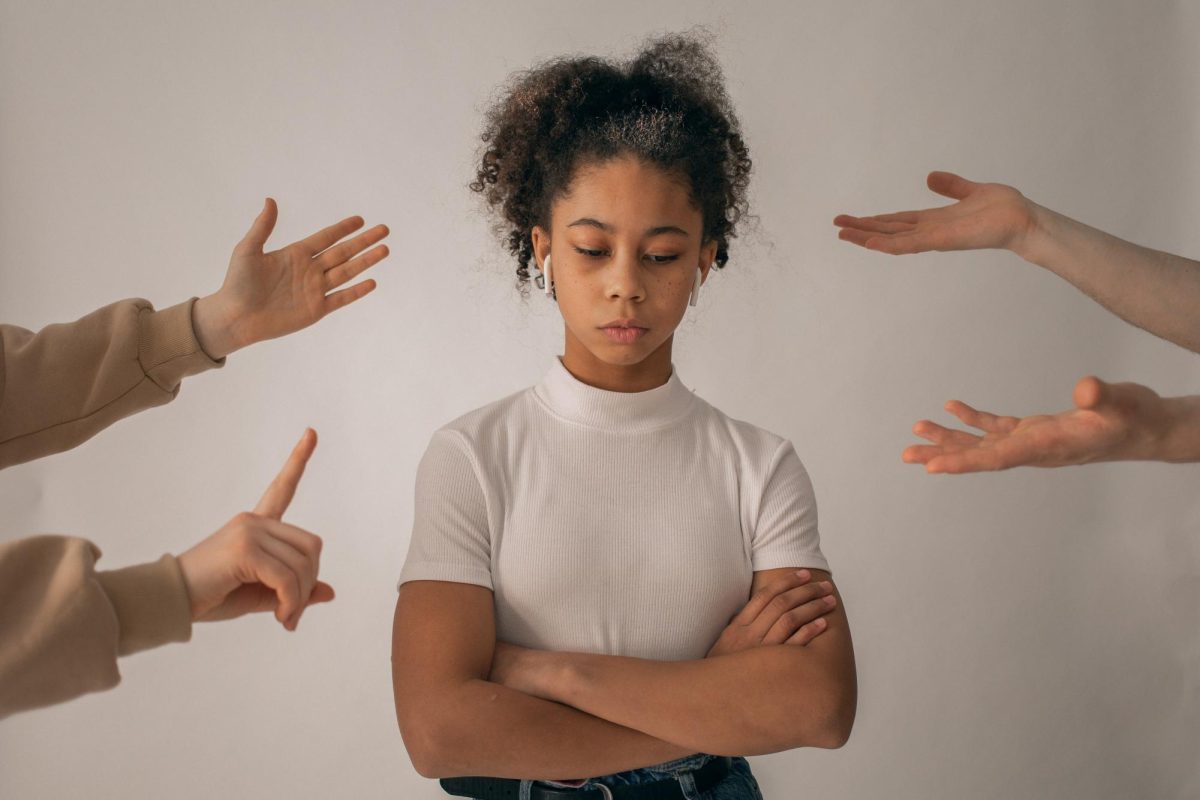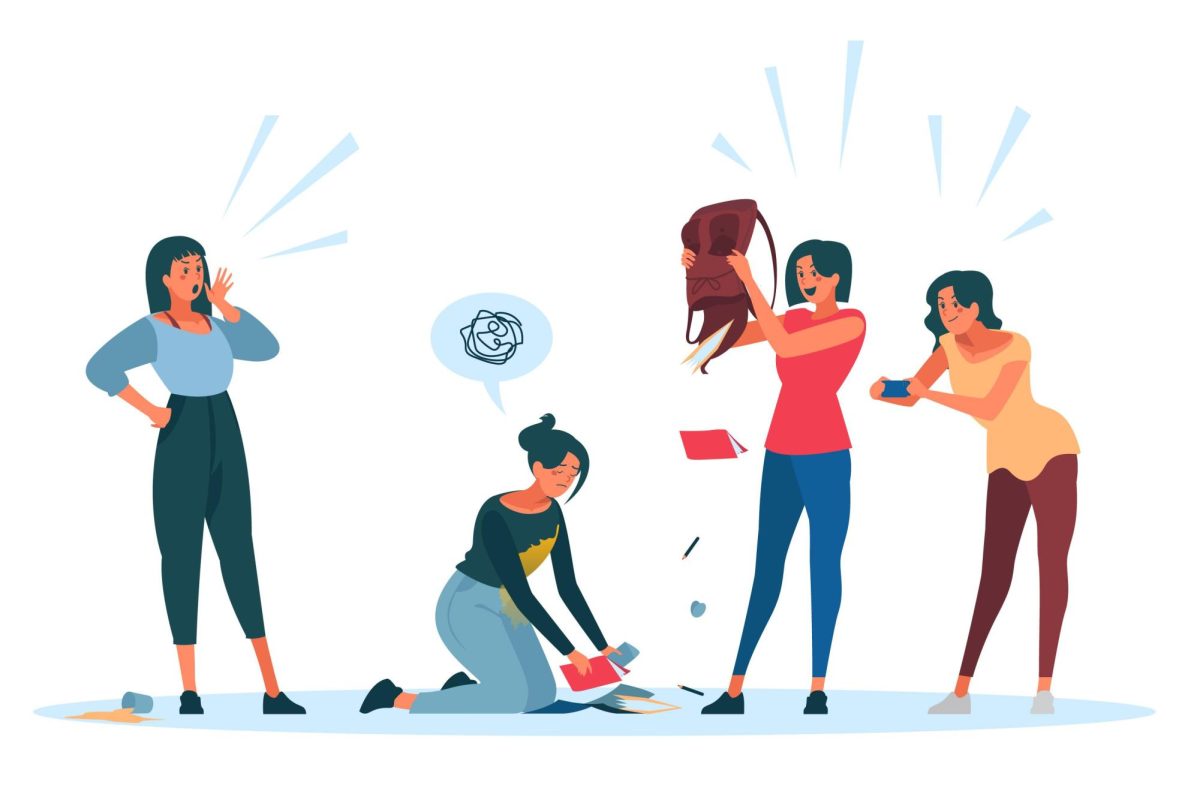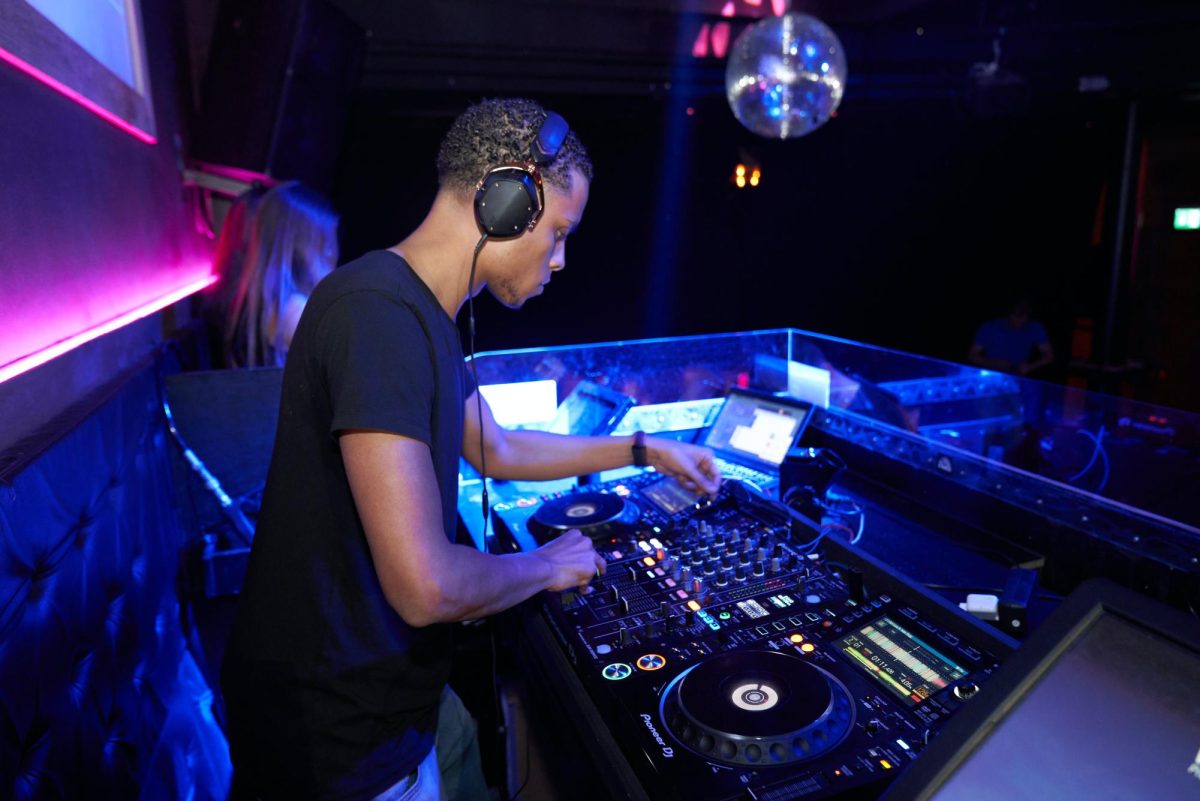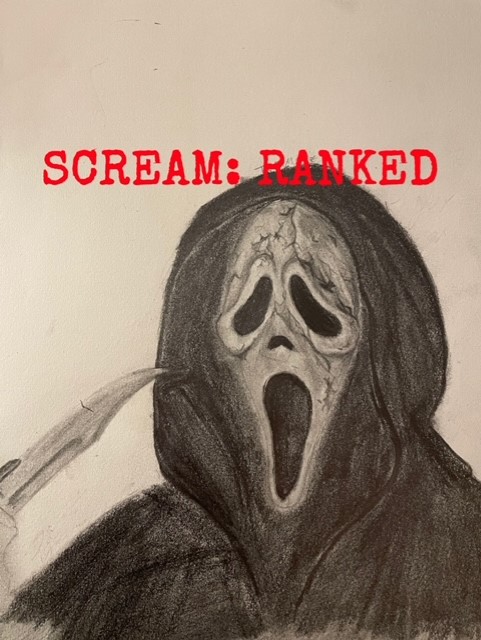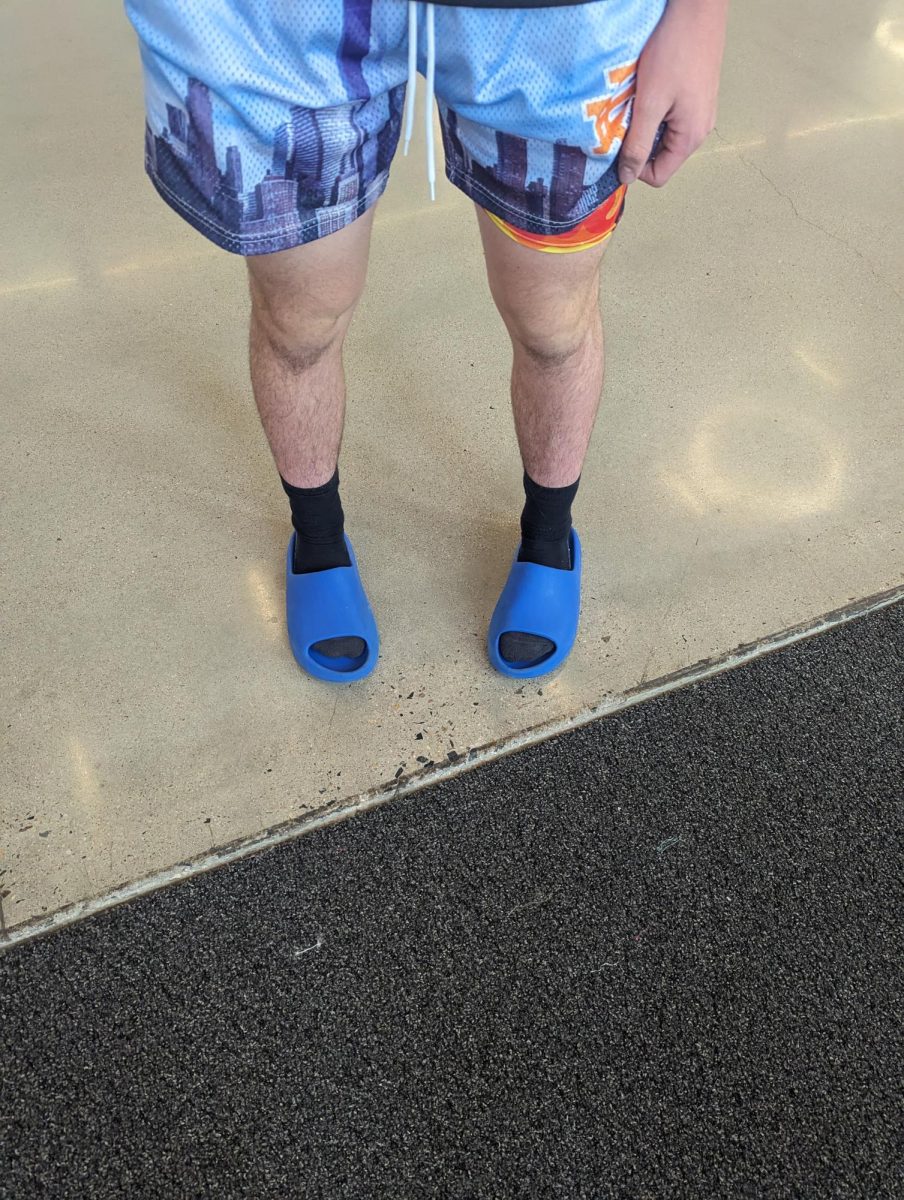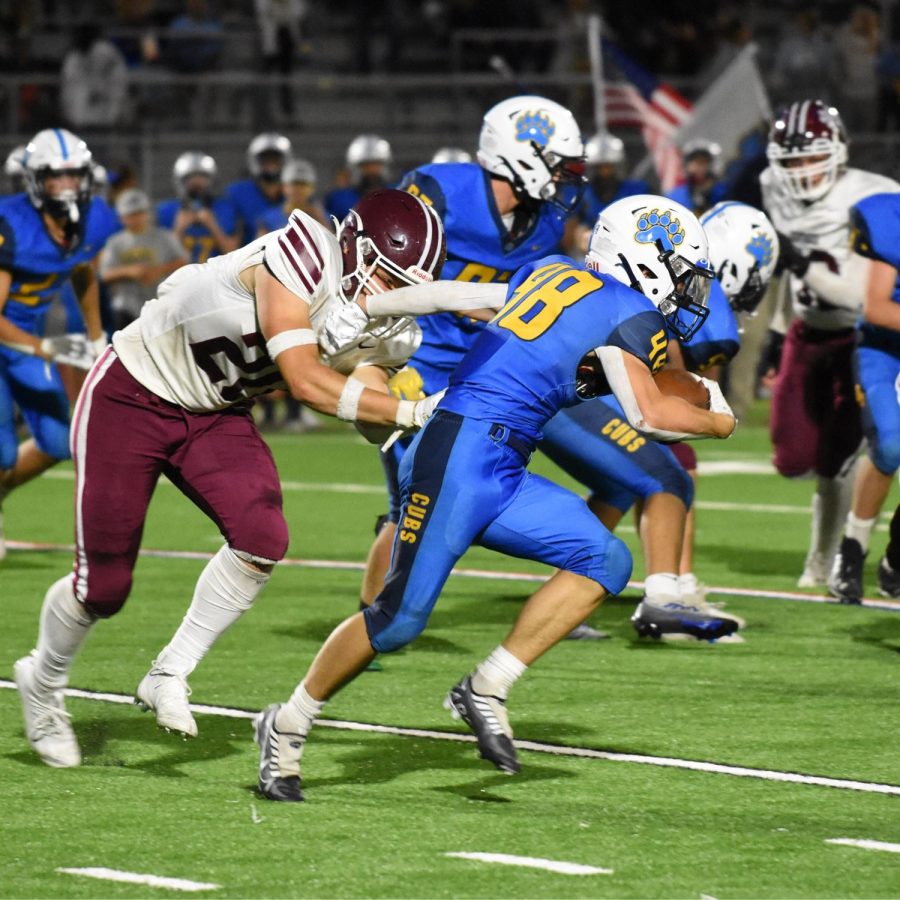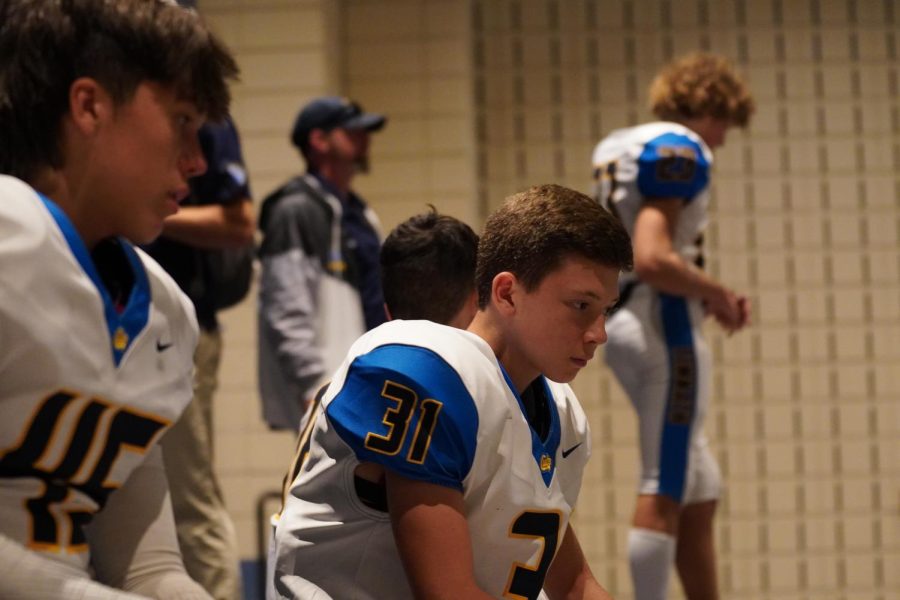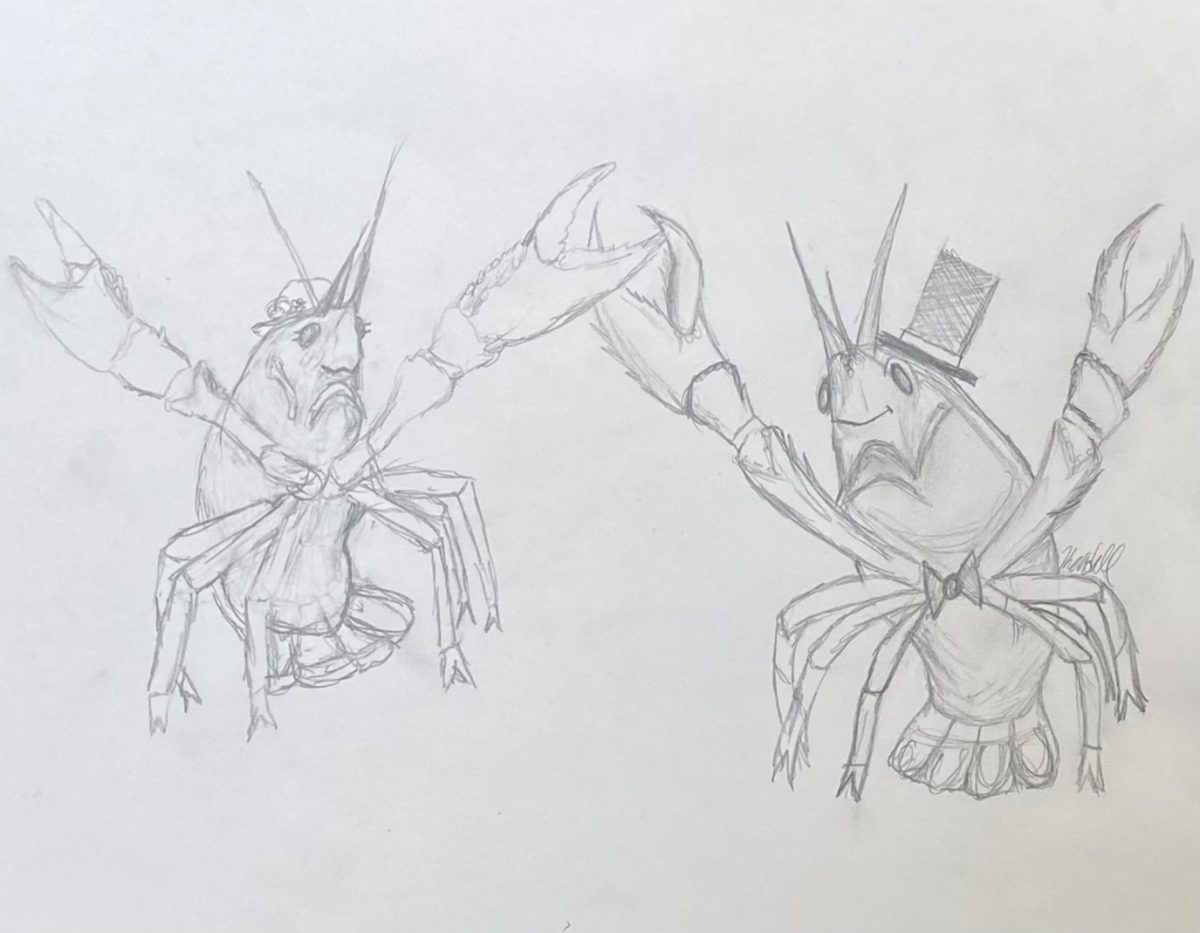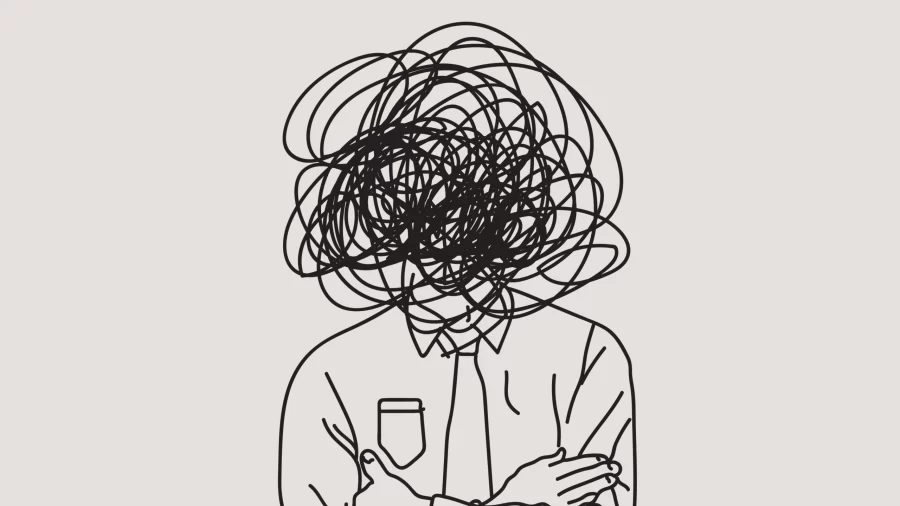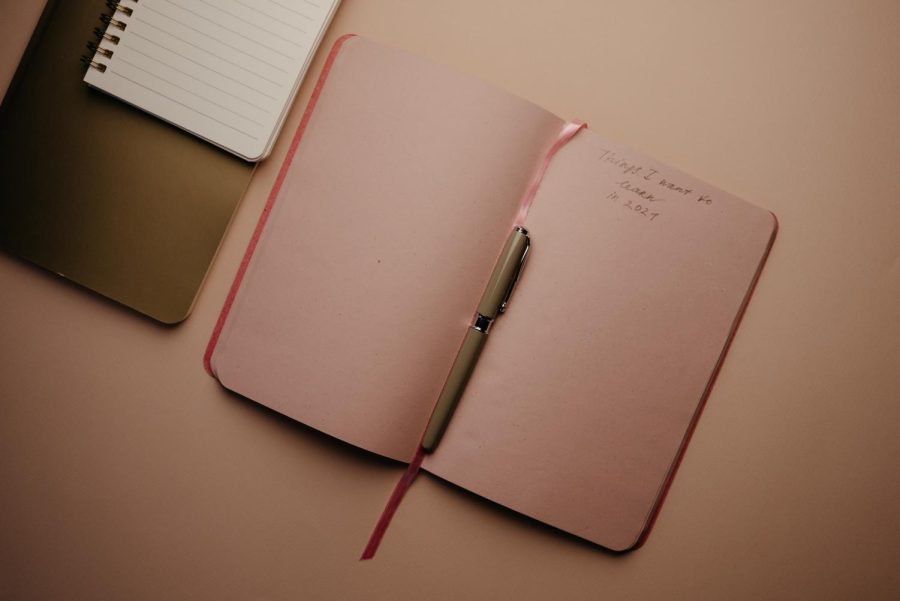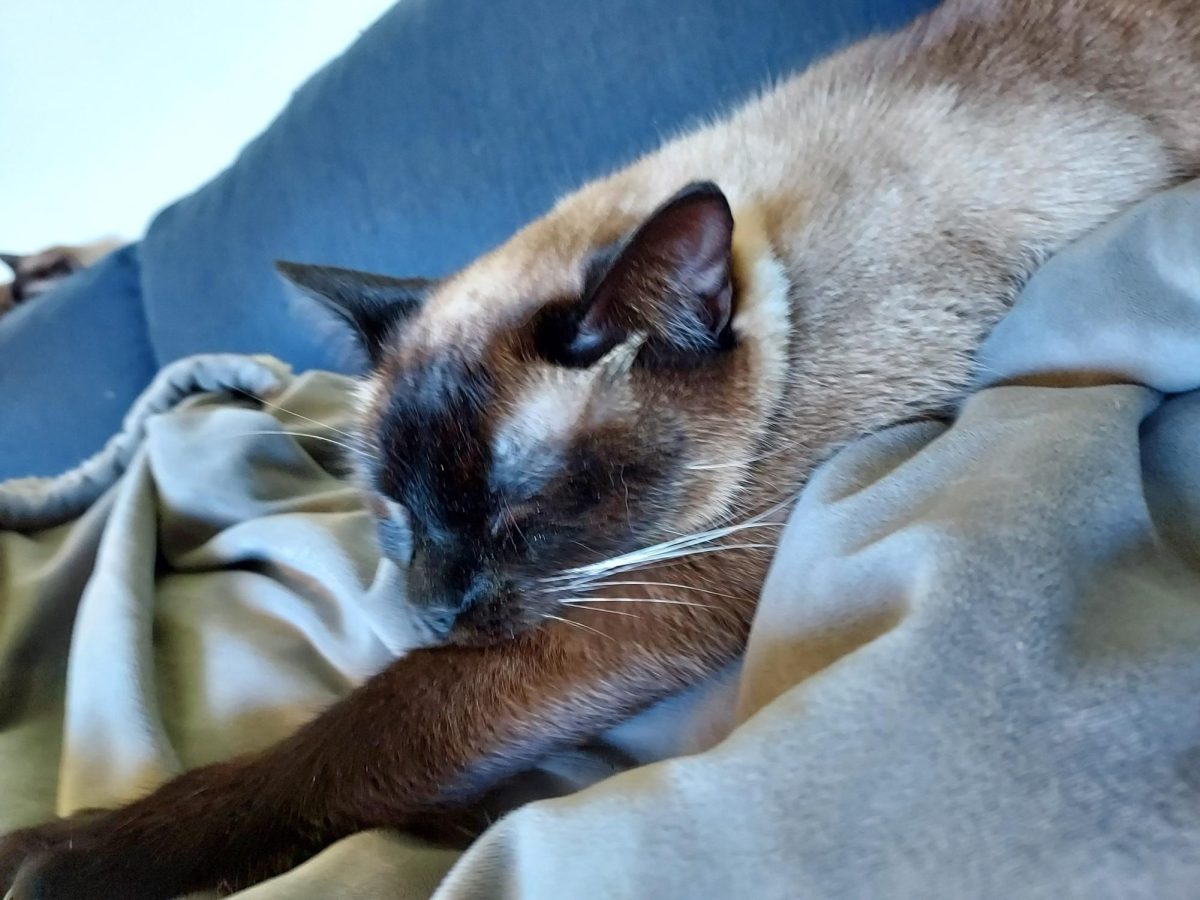Legally Blonde: A Criminally Underrated Masterpiece
March 3, 2023
Legally Blonde is a 2001 movie that drops stereotypes into the ivy league and pits them against each other for laughs. But even if the characters themselves are not particularly deep, the unconventional usage of them gives the movie a unique impression on the audience.
On the surface, it’s just your average comedy about a girl with a chihuahua who goes to Harvard, but it flawlessly addresses issues of internalized misogyny and lack of respect for women in the workforce.
Where Did the Stereotypes Come From, Anyway?
This article isn’t about the history of feminism, so let’s focus on just the second wave. After women were pushed into the workforce during wartime, they had to fight for equal respect in their careers as the men who had left them, which meant protesting preexisting gender roles.
The expectation for women at the time was to be a housewife. Clean the house, take care of the kids, and make sure you look nice for your husband. Advertisements were shoving pretty dresses and beauty products down their throats, but it wasn’t so the women themselves could enjoy them, it was so their husbands could. Then suddenly the husbands are out of the picture fighting in a war and they had to ditch those things to do the man’s job. You don’t need to look good to build a car, after all.
When the men came back, women were expected to put the heels back on and become housewives once again, but this didn’t sit well with women who had taken a liking to going out and working for themselves.
And thus, the housewives kept their lipstick while the women at work stayed “masculine.” This left our society with a notion that a woman who doesn’t put effort into her appearance has a valuable skill set and a woman who does… is looking for a man with a thick wallet.
How the Stereotypes Meet the Movie
Elle is a textbook sorority girl. She always has her nails done, pink is the signature of her color palette, and she never, ever has a bad hair day. Vivian, her ex boyfriend’s new fiancé, has modest business casual wardrobe and keeps her nails short, so obviously she’s the classic ivy league girl.
If we were being realistic, Elle the party girl would have gotten into Harvard with a 0.1 GPA and a generous donation from her parents.
But this is Legally Blonde. She has a 4.0 GPA and she got into Harvard fair and square. Sure, she’s trying to prove to Warner that she’s not too blonde to be his girlfriend, but that doesn’t mean she didn’t have it in her to go to law school all along.
Harvard is a Man’s World, Apparently
At first glance, it looks like Vivian is on top of the tiny little world of Harvard Law School. She calls the shots in her study groups and is a model student in class. So her ample skillset will be enough for her to hit the ground running and become a successful lawyer, right?
Of course not. It’s a comedy, not Disney.
When the characters get into an internship at a Callahan’s law firm, it becomes glaringly obvious that there is no winning here for Vivian or Elle, regardless of the fact that they represent opposite approaches to feminine expression.
Callahan lets Elle do her part for a while, but he doesn’t take long to reveal that all he really wants is to use that as leverage to pressure her into a relationship with him, forcing her to quit the internship entirely and risk her future on pursuing the case alone.
Vivian is ignored entirely throughout the whole of the internship. Even though she is well versed in the law, Callahan only seems to recognize her presence when he wants her to get his coffee for him.
Meanwhile, Warner and Emmett, the two men of the cast, are valued first by Callahan even though neither of them are shown to be particularly special in comparison to their classmates.
So Elle and Vivian Support Each Other, Right?
In an ideal world, they would, but this is not a perfect world and for the majority of the movie, both of them are too preoccupied to put their differences aside.
Vivian, like most of the people at Harvard, sees Elle and wonders why Malibu Barbie is joining their school. And worse, Warner told Vivian all about how his ex-girlfriend was an airhead who he could never have married.
Vivian does everything in her power to ostracize Elle, from excluding her from study groups to tricking her into standing out even more at a party. And it’s not like Elle appreciated seeing another girl wearing the engagement ring that was supposed to be hers. Even though neither of them pose that much of a threat to the other, Vivian is too quick to peg Elle as a Bimbo and Elle is too quick to assume Vivian is a frigid bitch.
The women – and the men around them – pit themselves against each other instead of recognizing that they both get the short end of the stick in a masculine workplace. Unfortunately, this kind of situation is not uncommon in real life. Many women struggle with being overly critical of each other based on preconceived notions of how a woman should be, which is one of the ways internalized misogyny manifests itself.
Women Should Support Each Other, Especially When They’re Doing “A Man’s Job”
Even though Legally Blonde is not a serious portrayal of real life, like all meaningful media, it naturally incorporates a message about real underlying issues in our society.



